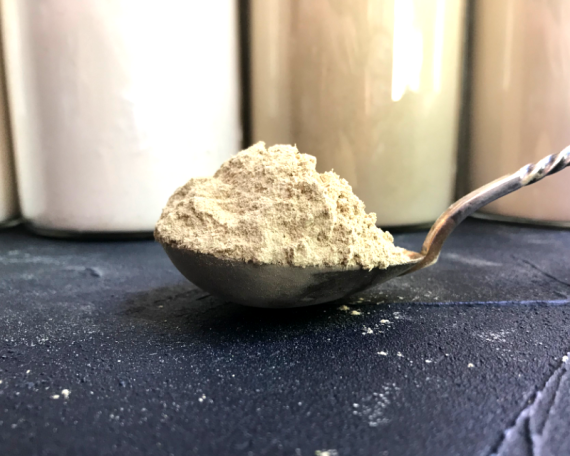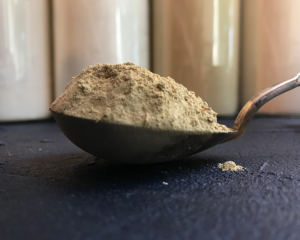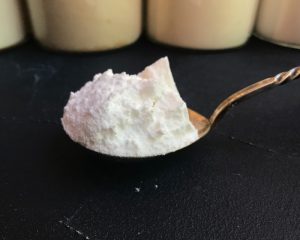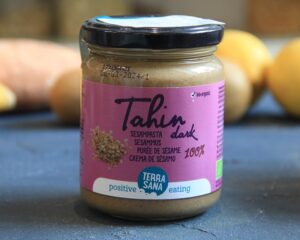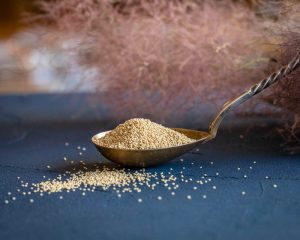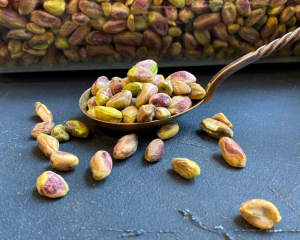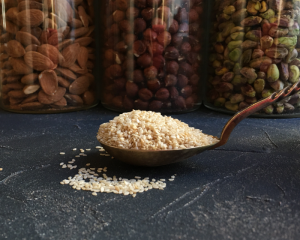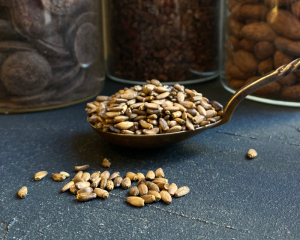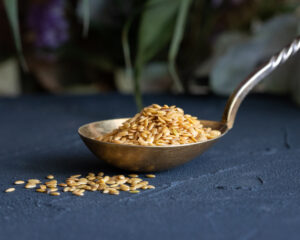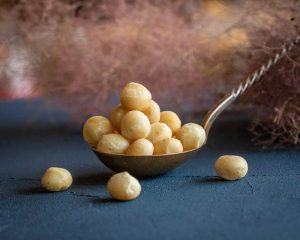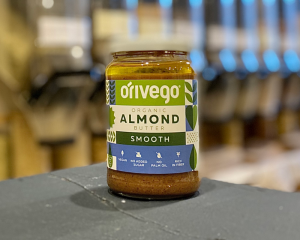Organic Liquorice Root Powder
From 4.60€
Licorice has been known for centuries for its characteristic sweet and spicy taste. Organic liquorice root powder is extracted from the roots of the Glycyrrhiza glabra plant.
It can offer not only a unique culinary experience, but also potential health benefits.
Licorice is used in Ayurveda and Traditional Chinese Medicine (TCM) to:
– soothe upset stomachs, including indigestion and heartburn, and stimulate the production of protective mucus in the stomach lining,
– reduce inflammation;
– treat upper respiratory tract problems
– improve eye health,
– neutralise toxins in the body; TCM is used even for food poisoning,
– as a powerful antioxidant,
– increase energy,
– improve skin and hair condition.
Modern research confirms this!
The active compounds in liquorice, including glycyrrhizin, have anti-inflammatory properties that can help with inflammation.
Several studies have described the antiviral and antibacterial effects of liquorice root. Phytochemicals in liquorice root slow viral replication and inhibit bacterial growth. Licorice’s antibacterial properties are important, especially in developing countries where it is used to fight infections.
Licorice is useful for allergies and allergic rhinitis.
The compounds in liquorice may have estrogenic effects, which may be useful in managing hormone imbalances and supporting women’s health – phytoestrogens can perform estrogenic functions and help women during menopause or PMS.
Although liquorice has potential benefits, it is important to be aware of the possible side effects!
Prolonged or excessive use of liquorice can deplete potassium.
Licorice may interact with certain medicines, including those for blood pressure, heart disease and diabetes.
As with any remedy, moderation is the key.
Usage!
The characteristic taste of liquorice makes it a versatile ingredient in various culinary preparations
Liquorice can be used to flavour drinks, sweets and bakery products.
Licorice root is a popular ingredient in herbal tea for its soothing properties and natural sweetness.
Do not take more than 3 g per day.
Let food be your medicine!
Sources:
https://www.webmd.com
https://www.healthline.com
NOTE! The information provided here should not be interpreted as advice for treatment or other health problems. We encourage you to make decisions about your personal health by considering different sources of information.
Organic Liquorice Root Powder 100%
-
Store in a cool and dry place.


